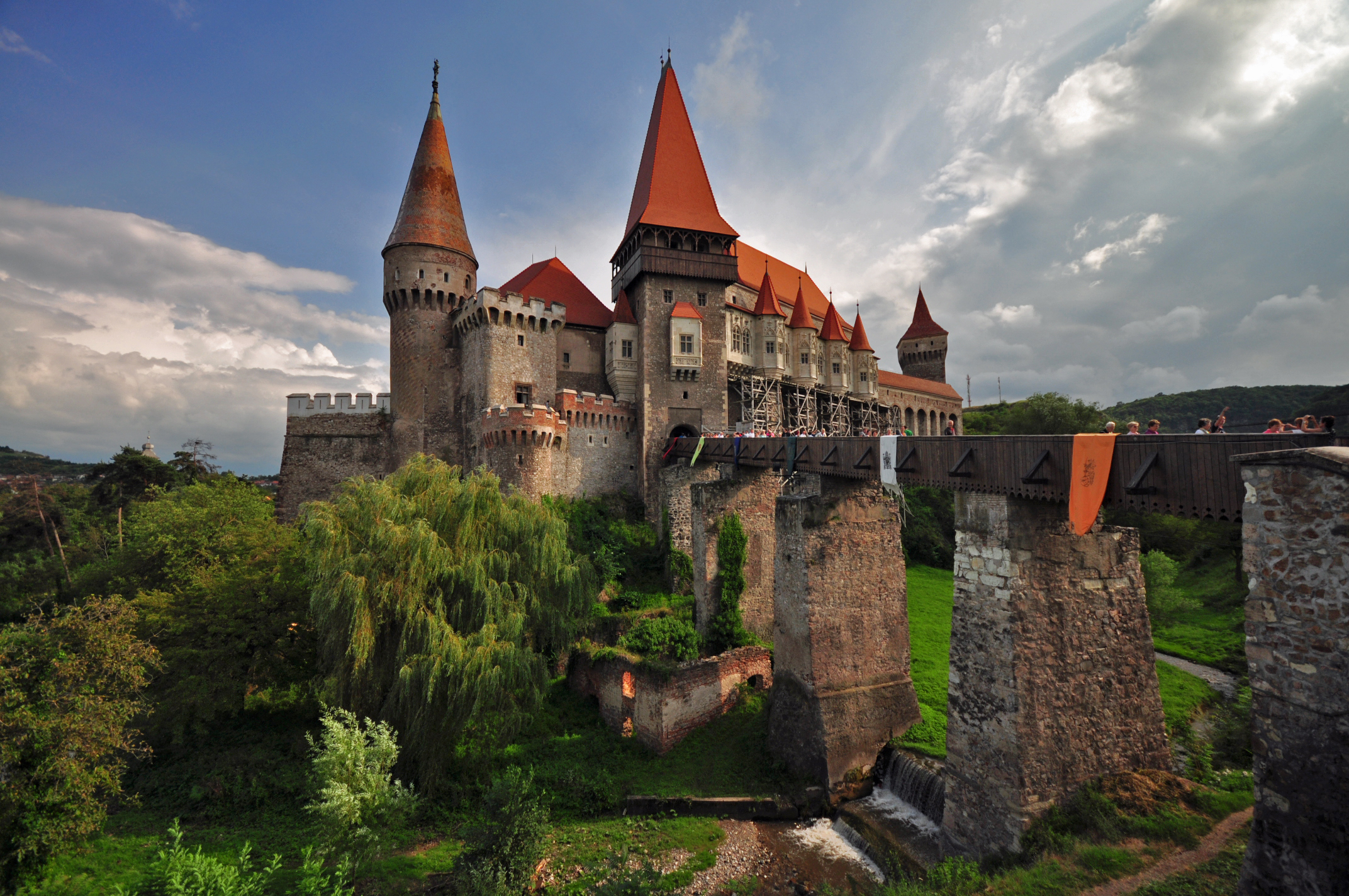|
Beatrice De Frangepan
Beatrice de Frangepan ( Croatian: Beatrica Frankopan, Hungarian: Frangepán Beatrix), (1480 – c. 27 March 1510) was a Croatian noblewoman, a member of the House of Frankopan that lived in the Kingdom of Croatia in personal union with Hungary. By marriage she was heiress of Hunyad Castle and Margravine of Brandenburg-Ansbach. Life Beatrice Frangipani was a daughter of Bernardin Frankopan, Knez (Prince) of Krk and Modruš (1453–1529) from his marriage to Donna Luisa Marzano d'Aragona, daughter of Giovanni Francesco Marino Marzano, Prince of Squillace. Her brother Christoph Frankopan (1482–1527) was Ban (Viceroy) of Croatia under the reign of the Hungarian king John Zápolya. Beatrice first married in 1496 to John Corvinus (1473–1504), an illegitimate son of King Matthias Corvinus of Hungary, with whom she had three children: * Elisabeth (1496–1508). * Christoph (1499–1505), the last of the House of Hunyadi Corvinus. * Matthias (1504–1505). She was de ... [...More Info...] [...Related Items...] OR: [Wikipedia] [Google] [Baidu] |
Knez (title)
, or ( Old Church Slavonic: Кнѧзь) is a historical Slavic title, used both as a royal and noble title in different times of history and different ancient Slavic lands. It is usually translated into English as prince or duke, depending on specific historical context and the potentially known Latin equivalents of the title for each bearer of the name. In Latin sources the title is usually translated as , but the word was originally derived from the common Germanic (king). The female form transliterated from Bulgarian and Russian is (), in Slovene and Serbo-Croatian (Serbian Cyrillic: ), ''kniahinia'' (княгіня) in Belarusian and ''kniazioŭna'' (князёўна) is the daughter of the prince, (княгиня) in Ukrainian. In Russian, the daughter of a knyaz is (). In Russian, the son of a knyaz is ( in its old form). The title is pronounced and written similarly in different European languages. In Serbo-Croatian and some West Slavic languages, the wo ... [...More Info...] [...Related Items...] OR: [Wikipedia] [Google] [Baidu] |

